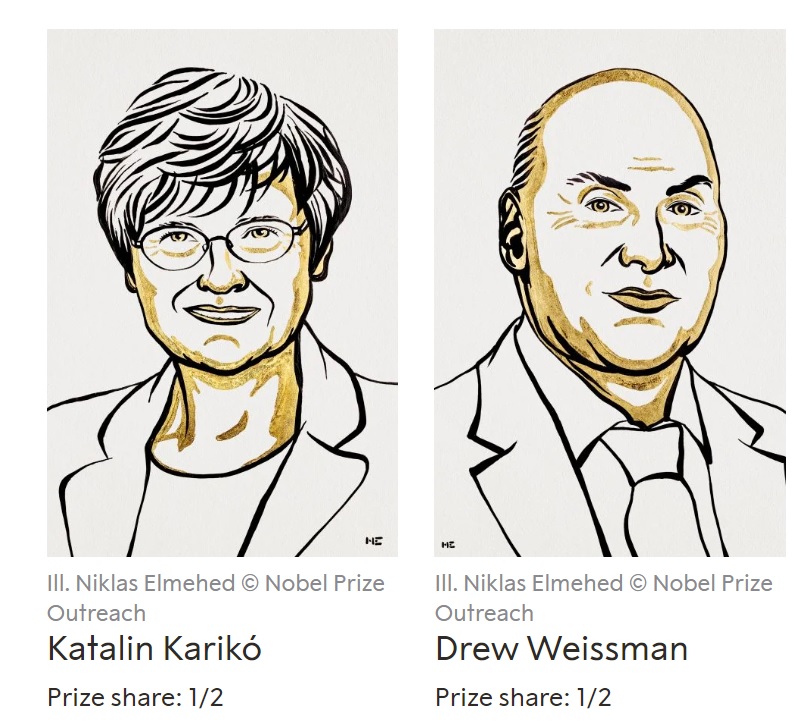Nobel Prize 2023: Better groundwork is needed to address gender disparity
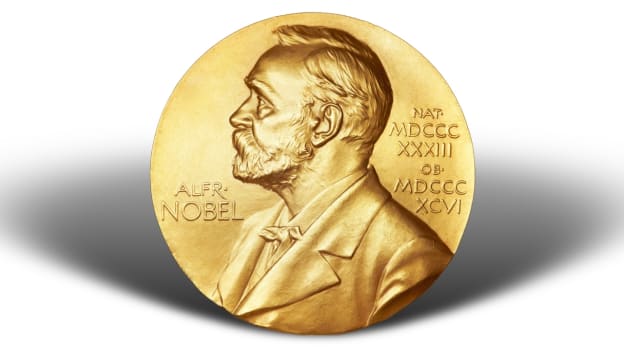
The Nobel Prizes, established in the early 20th century by Alfred Nobel, are widely regarded as the pinnacle of recognition in fields ranging from science and literature to peace and economics.
These awards are intended to honor individuals whose groundbreaking contributions have had a profound and lasting impact on humanity. Yet, behind the glittering history of Nobel laureates lies a persistent and conspicuous gap: the underrepresentation of women among the Nobel laureates.
Despite remarkable strides in gender equality over the past century, the scarcity of female Nobel laureates remains a perplexing and pertinent issue, raising profound questions about the barriers that women have historically faced in their pursuit of excellence and recognition in fields traditionally dominated by men.
Women Nobel Laureates in Physics
Anne L'Huillier has become the latest woman to get the Nobel Prize in 2023. She is also the fifth woman to secure a Nobel Prize in Physics. The accolade has been given to her for experimental methods that generate attosecond pulses of light for the study of electron dynamics in matter.
Other women who got Nobel Prize in Physics are Andrea Ghez for the discovery of a supermassive compact object at the centre of our galaxy in 2020.
A Nobel Prize in Physics came to a woman after a hiatus of 55 years since 1963 in 2018. Donna Strickland bagged the Nobel in Physics after Maria Goeppert Mayer who bagged the coveted award in 1963.
Donna was awarded for groundbreaking inventions in the field of laser physics and for their method of generating high-intensity, ultra-short optical pulses. While Maria Goeppert Mayer was honoured with the Nobel for their discoveries concerning nuclear shell structure.
The first woman to get the Nobel Prize in Physics was Marie Curie in 1903 in recognition of the extraordinary services they have rendered by their joint research on the radiation phenomena discovered by Professor Henri Becquerel. She went on to become the first person ever to be awarded two Nobel Prizes. Marie Curie was also awarded The Nobel Prize in Chemistry 1911 in recognition of her services to the advancement of chemistry through the discovery of the elements radium and polonium, by the isolation of radium, and the study of the nature and compounds of this remarkable element. Medicine otherwise considered a female dominated field also has fewer women Nobel Laureates than men.
Among all women Nobel laureates, with 18 recipients, the highest number of women awardees are for Peace followed by Literature (17), Medicine (13), Chemistry (8), and Economics (2).
According to the data available on nobelprize.org, the Nobel Prize and Prize in Economic Sciences have been awarded 61 times to women out of a total of 615 times to 989 people and organisations between 1901 and 2022.
Among all women laureates Malala Yousafzai is the youngest ever to get the Nobel for Peace in 2014. She shared the honour with India’s Kailash Satyarthi at the age of 17. They were honoured for their struggle against the suppression of children and young people and for the right of all children to education.
Is support for women insufficient?
Despite progress in several areas including STEM, women's representation continues to be small. According to data available at the UN, as compared to their male counterparts, women researchers are typically given smaller research grants. Women represent 33.3% of all researchers, and only 12% of members of national science academies are women. Women’s representation in cutting-edge fields such as artificial intelligence continues to be tiny, only one in five professionals, or 22% of them are women.
Technological fields, considered the backbone of the Fourth Industrial Revolution, also face a lack of women and they account for only 28% of engineering graduates and 40% of graduates in computer science and informatics. Shorter, less well-paid careers for female researchers, underrepresentation in high-profile journals and they are often passed over for promotion are other major challenges for women which make them underrepresented in high honours like the Nobel Prize.
Nobel laureates 2023 Literature
Jon Fosse has been awarded with Nobel Prize in Literature for his innovative plays and prose which give voice to the unsayable.
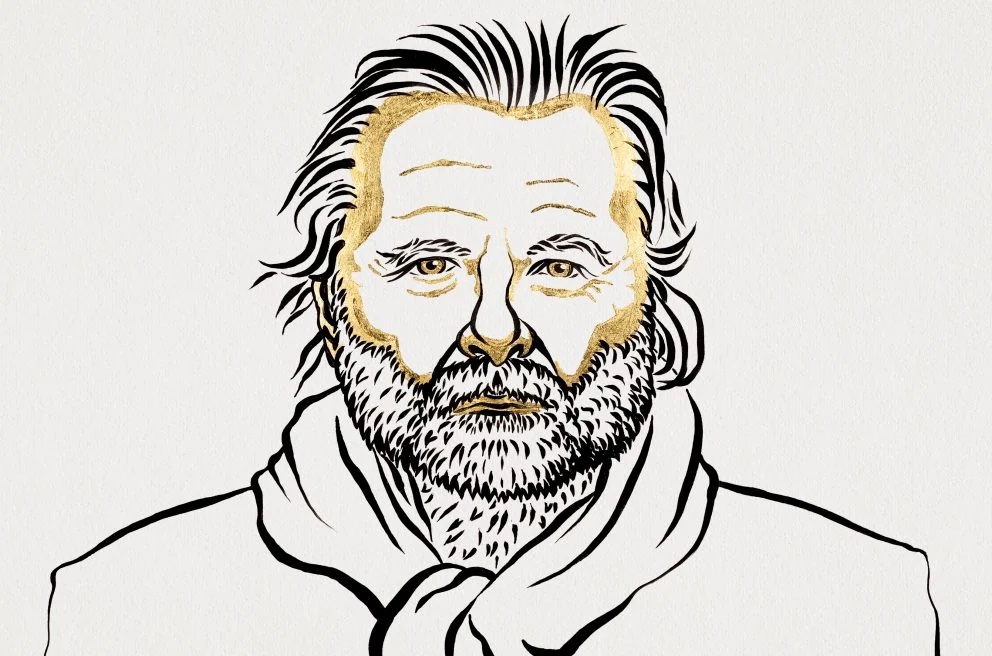
Nobel laureates 2023 Peace
Narges Mohammadi bagged the Nobel Peace Prize in 2023 for her fight against the oppression of women in Iran and her fight to promote human rights and freedom for all.
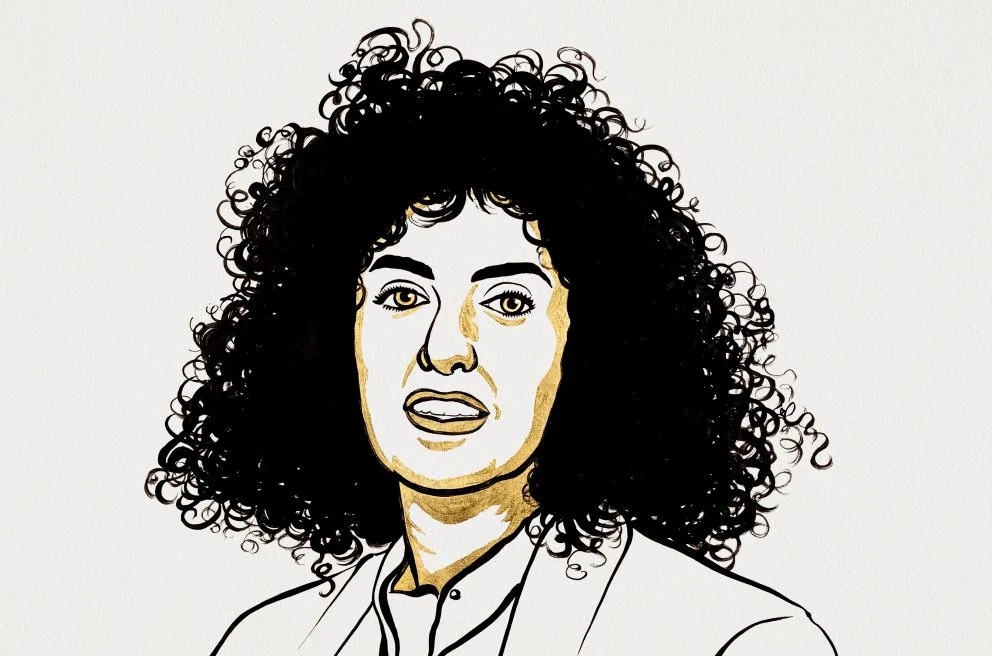
Nobel laureates 2023 Economic Sciences
Claudia Goldin has been conferred with Nobel Prize 2023 in Economics Science for having advanced our understanding of women’s labour market outcomes.
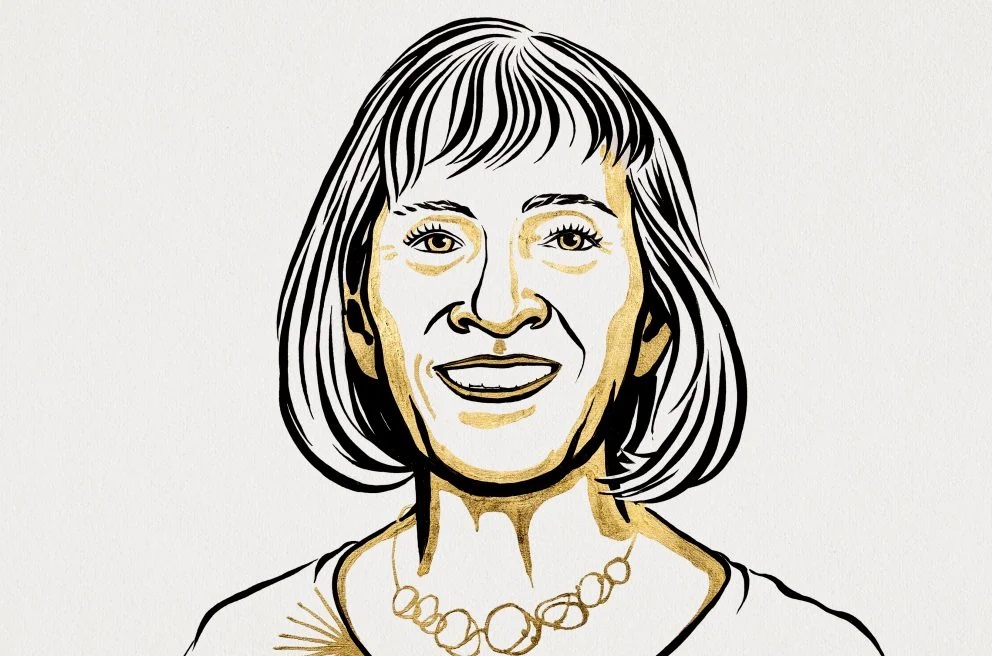
Nobel laureates 2023 Chemistry
Moungi G. Bawendi, Louis E. Brus and Alexei I. Ekimov have been honoured with Nobel 2023 in Chemistry for the discovery and synthesis of quantum dots.
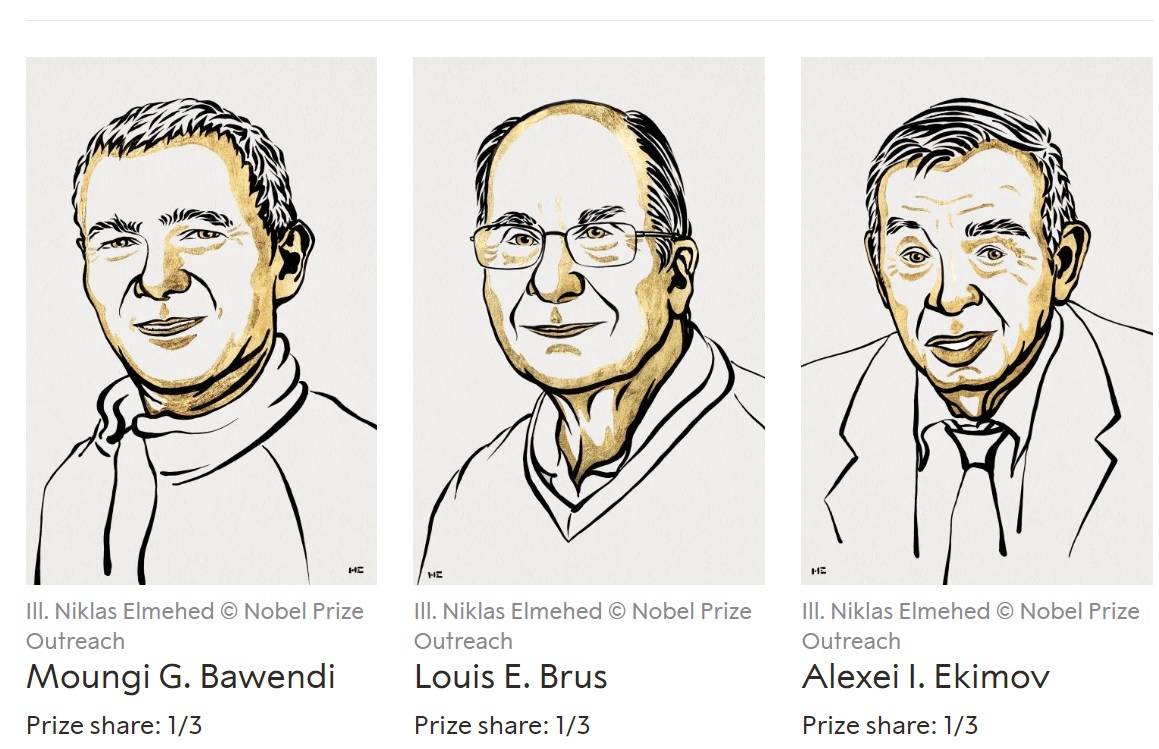
Nobel laureates 2023 Physics
The Nobel Prize in Physics 2023 was awarded jointly to Pierre Agostini, Ferenc Krausz and Anne L’Huillier for experimental methods that generate attosecond pulses of light for the study of electron dynamics in matter.
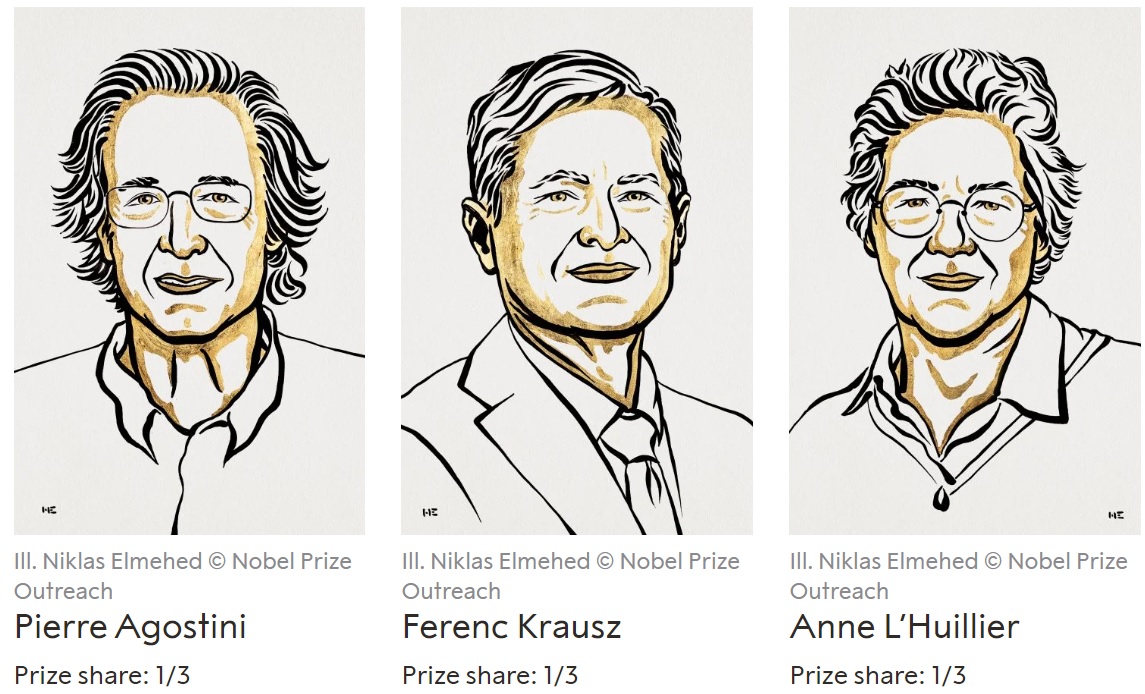
Nobel laureate 2023 Physiology or Medicine
Katalin Karikó and Drew Weissman have been awarded Nobel 2023 in Physiology or Medicine for their discoveries concerning nucleoside base modifications that enabled the development of effective mRNA vaccines against COVID-19.
